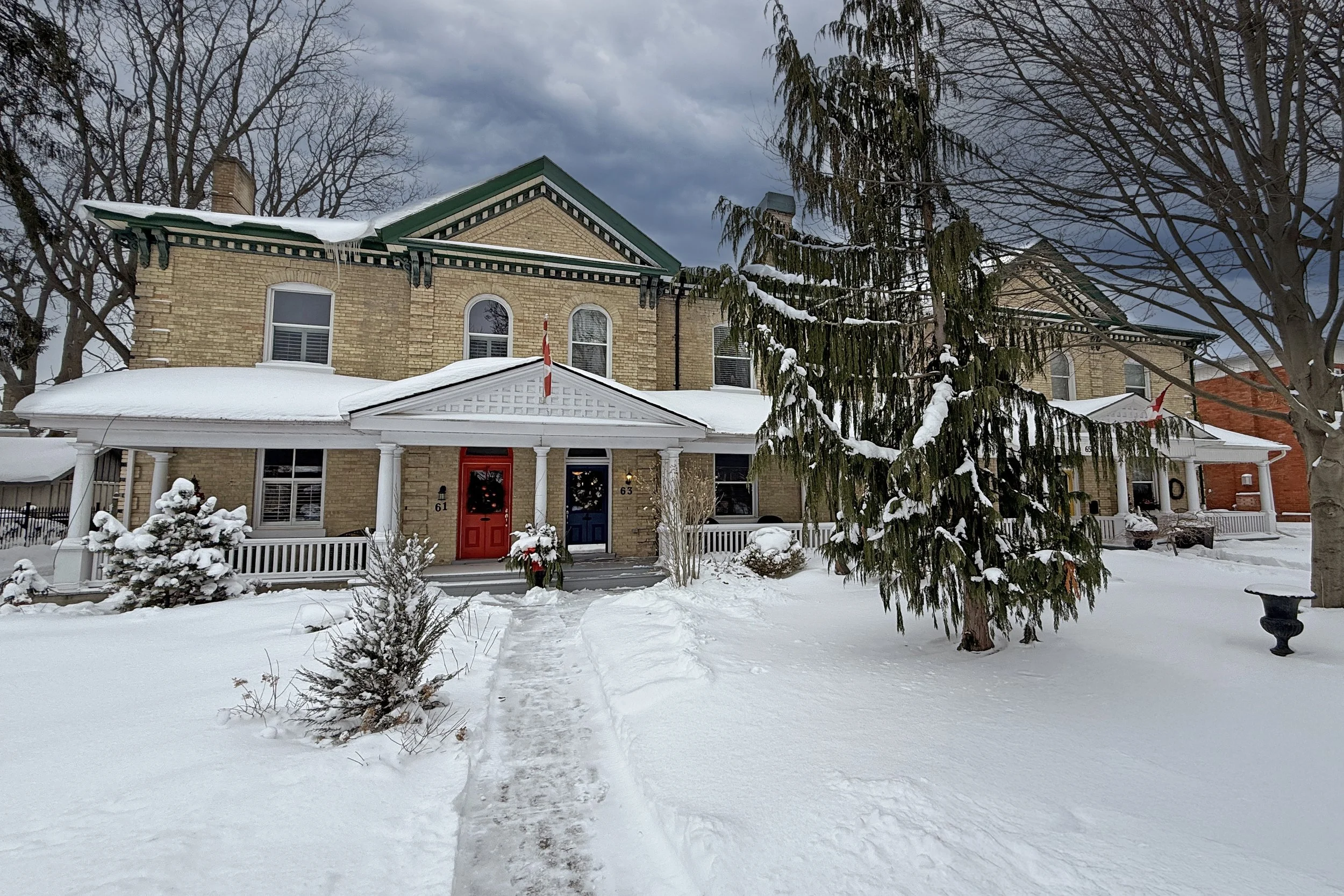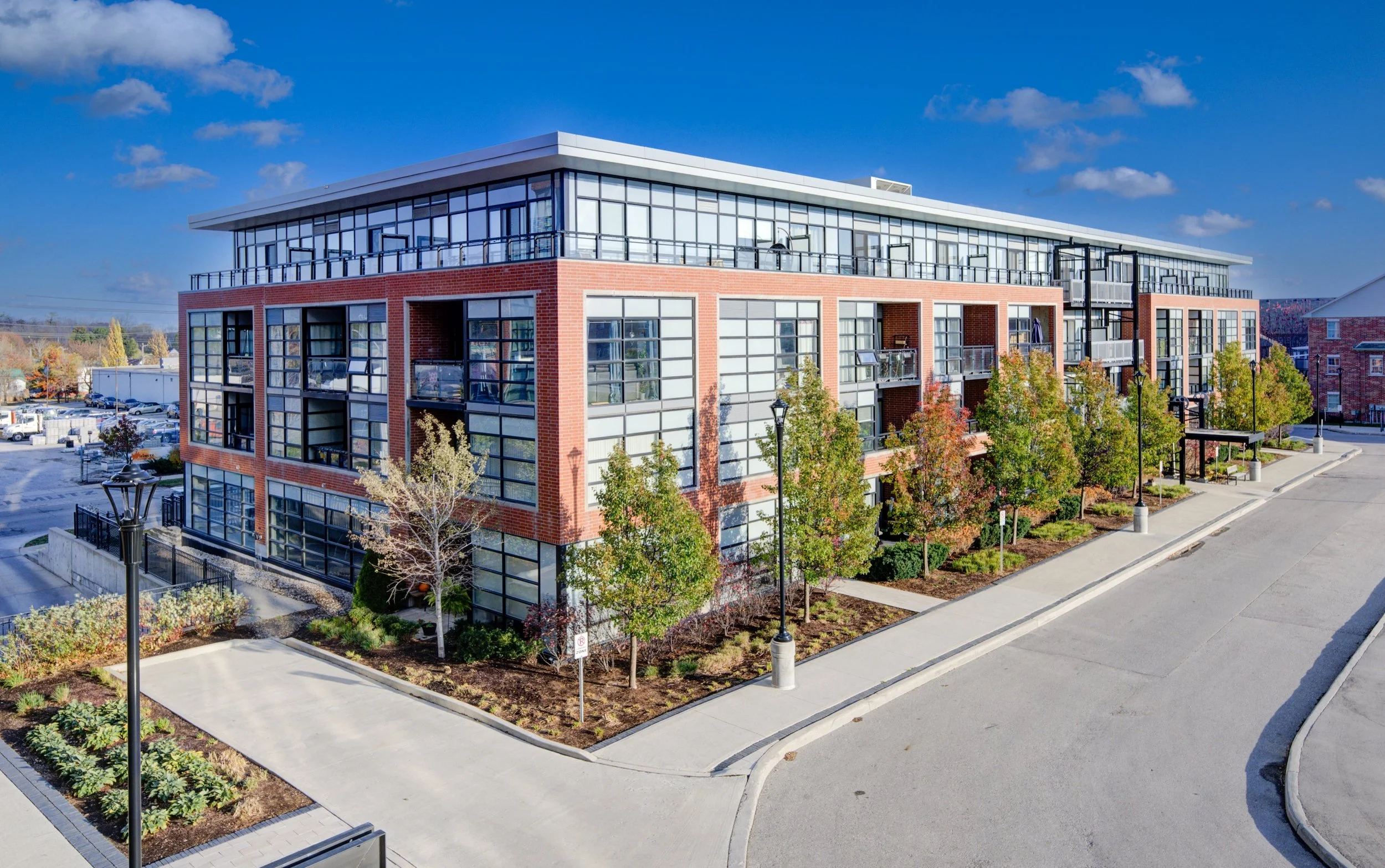Understanding Rent Control in Ontario: What Landlords and Tenants Need to Know
/Rent control is an important element of Ontario’s residential housing laws. Whether you're a landlord or a tenant, it’s crucial to understand how these rules apply and which properties are exempt.
What is Rent Control?
In Ontario, rent control refers to limits on how much a landlord can increase the rent for an existing residential tenant each year. These limits are set annually by the provincial government.
Annual Rent Increase Guideline
Each year, the Ontario government sets a Rent Increase Guideline, which applies to most private residential rental units. This guideline is based on the Ontario Consumer Price Index and is published under the Residential Tenancies Act, 2006 (RTA).
• 2024 Rent Increase Guideline: 2.5%
• 2023 Rent Increase Guideline: 2.5%
(Source: Ontario.ca)
Landlords must provide tenants with at least 90 days’ written notice before increasing rent. In most cases, rent can only be increased once every 12 months.
Which Properties Are Not Subject to Rent Control?
Not all rental units are covered by the rent increase guideline. As of November 15, 2018, the following units are exempt from rent control:
• Units first occupied for residential purposes after November 15, 2018, including:
• New construction
• New units added to existing buildings (e.g., new basement apartments)
• Newly converted non-residential spaces (like a commercial-to-residential conversion)
This exemption was introduced by the Ontario government through amendments to the RTA to encourage new rental construction and increase housing supply.
(Source: Government of Ontario – RTA Section 6.1)
Important Notes:
• These exempt units still require 90 days’ written notice for rent increases.
• The increase must still be reasonable; if a tenant believes the increase is excessive, they can file a complaint with the Landlord and Tenant Board.
Additional Exceptions to Rent Control
Some other types of rental units are also not subject to the rent control guideline:
• Social housing units (such as rent-geared-to-income housing)
• Long-term care homes
• Commercial rental properties
(Source: Ontario.ca – Rent Increase Rules)
Summary
In summary, rent control applies to most private residential rental units in Ontario that were first occupied before November 15, 2018. However, units first occupied for residential use after that date are generally exempt from rent control rules. Other exceptions include social housing, long-term care homes, and commercial rentals. Even for exempt units, landlords must provide proper notice for rent increases, and tenants still have the right to dispute unreasonable hikes.
Have Questions?
If you're a property owner, tenant, or investor looking for more clarity on rent control rules and exemptions, we’re here to help. Contact us today to speak with one of our local real estate professionals. Whether you need help navigating Ontario’s rental laws or you're planning your next investment move, our team is ready to support you.





